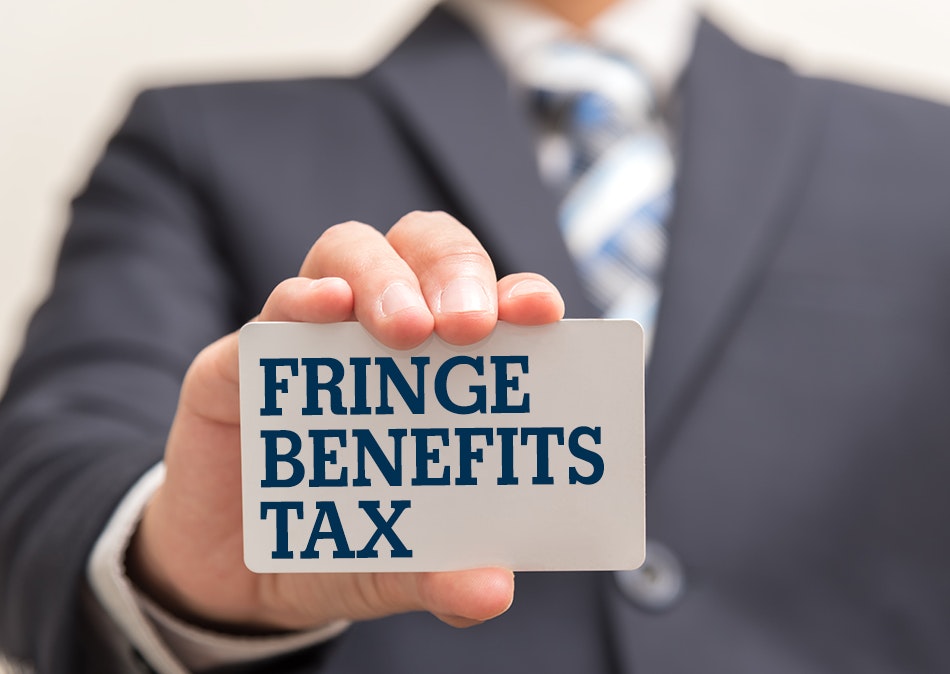Insights
How to reduce your fringe benefits tax liability

How to reduce your fringe benefits tax liability
A fringe benefit is a ‘payment’ to an employee, but in a different form to a salary or wage.
For example, allowing an employee to use a work car for private purposes, giving them a low-interest loan, or paying their gym membership.
For the year ending 31 March 2022, fringe benefits will be taxed at 47%.
This fringe benefits tax (FBT) — which is higher than the highest income-tax rate — is paid by the employer.
According to the Australian Taxation Office, there are various ways employers can reduce their FBT liability — sometimes to nil.
These include:
- Replacing fringe benefits with cash salary—instead of you paying FBT, your employee would pay income tax on their salary or wages.
- Providing benefits that are exempt from FBT—you will not have an FBT liability if you provide only exempt benefits (e.g. work-related mobile phone or taxi-travel expenses), or benefits that are not fringe benefits (e.g. employer contributions to complying super funds).
- Providing tax-deductible benefits—you may not have an FBT liability if you pay for or reimburse an expense your employee would otherwise be able to claim as an income tax deduction.
- Using employee contributions—in most cases, you can reduce your FBT liability if your employee makes a payment towards the cost (e.g. paying towards a car fringe benefit by paying a third party for some of the operating costs, such as fuel). These payments are commonly called ‘employee contributions’.
It should be noted that employers can generally claim an income-tax deduction for the cost of providing fringe benefits and for the FBT they pay.
IMPORTANT INFORMATION: This blog has been prepared by Modoras Accounting (SYD) Pty Ltd ABN 18 622 475 521. The information and opinions contained in this blog is general information only and is not intended to represent specific personal advice (Accounting, taxation, financial, insurance or credit). No individuals’ personal circumstances have been taken into consideration for the preparation of this material. The information and opinions herein do not constitute any recommendation to purchase, sell or hold any particular financial product. Modoras Accounting (SYD) Pty. Ltd. recommends that no financial product or financial service be acquired or disposed of or financial strategy adopted without you first obtaining professional personal financial advice suitable and appropriate to your own personal needs, objectives, goals and circumstances. Information, forecasts and opinions contained in this blog can change without notice. Modoras Accounting (SYD) Pty. Ltd. does not guarantee the accuracy of the information at any particular time. Although care has been exercised in compiling the information contained within, Modoras Accounting (SYD) Pty. Ltd. does not warrant that the articles within are free from errors, inaccuracies or omissions. To the extent permissible by law, neither Modoras Accounting (SYD) Pty. Ltd. nor its employees, representatives or agents (including associated and affiliated companies) accept liability for loss or damages incurred as a result of a person acting in reliance of this publication. Liability limited by a scheme approved under Professional Standards Legislation.



